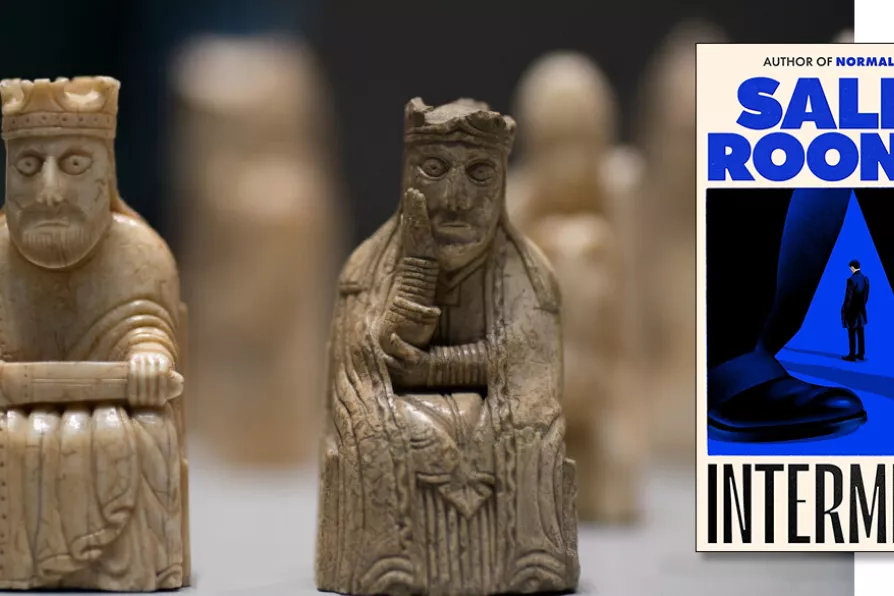MARIA DUARTE picks the best and worst of a crowded year of films

 MELANCHOLIC PASTIMES: Lewis Chess Pieces
[Paul Hudson/CC]
MELANCHOLIC PASTIMES: Lewis Chess Pieces
[Paul Hudson/CC]
Intermezzo
Sally Rooney, Faber, £20
IN her latest, fourth novel, Intermezzo, Sally Rooney continues her exploration of intimate relationships, albeit with a shift away from the clear political critique that characterised her earlier works. Its focus lies on what makes personal relationships successful, and, surprisingly, an emphasis on unconditional love as something close to God.
Rooney’s previous novel, Beautiful World, Where Are You, ended with one character stepping back from activism, retreating into a subjective sense of peace and stability – dependent, the reader might think, on sufficient income. That choice felt tentative—perhaps an individual’s decision to pursue personal happiness over political engagement. With Intermezzo, however, this focus on private happiness and detachment from societal ills is presented not as a protagonist’s choice but as a theme that permeates the entire narrative.
The novel focuses on two brothers, Peter and Ivan Koubek, and their relationships. While both brothers experience obstacles in achieving personal fulfilment, the political elements that once gave the novelist’s protagonists a radical edge are not as prominent. Where we might expect Rooney’s young protagonists to challenge economic precarity or political hypocrisy within contemporary Irish society, this fades into the background as their concerns become far more personal.

FIONA O’CONNOR is fascinated by a novel written from the perspective of a neurodivergent psychology student who falls in love

With the death of Pope Francis, the world loses not only a church leader but also a moral compass












